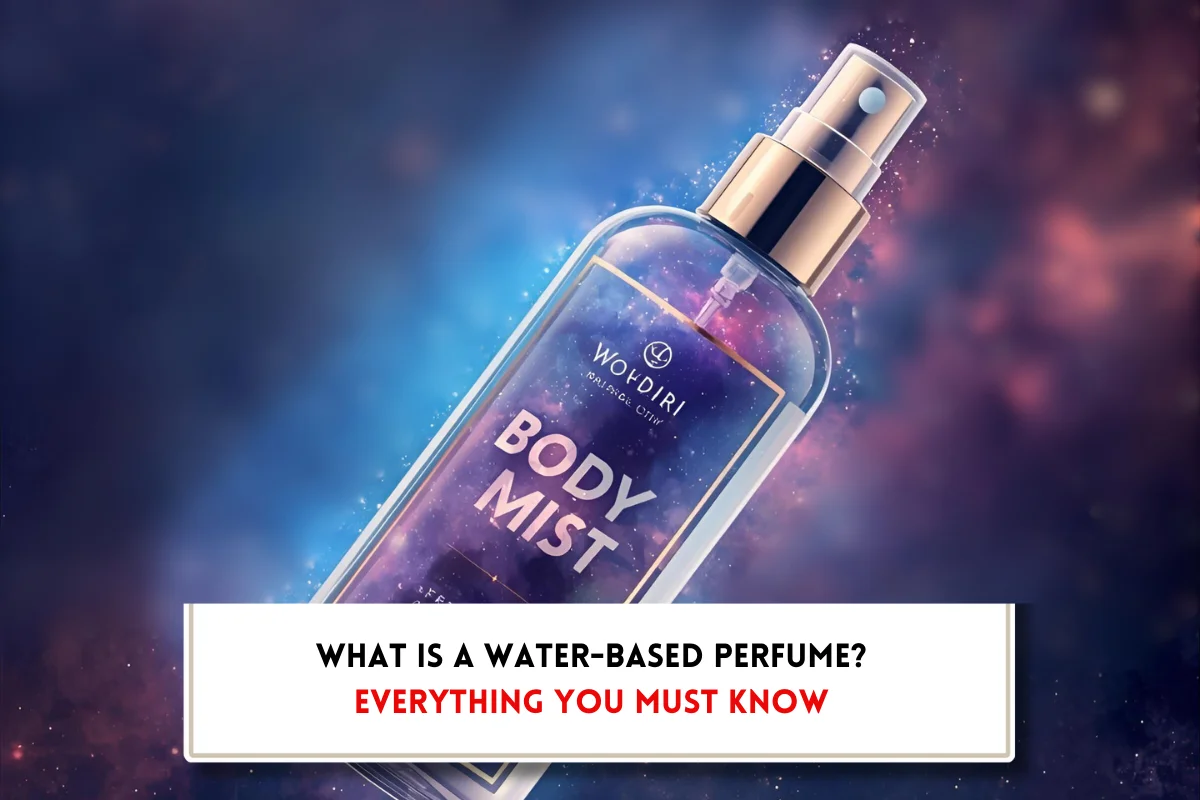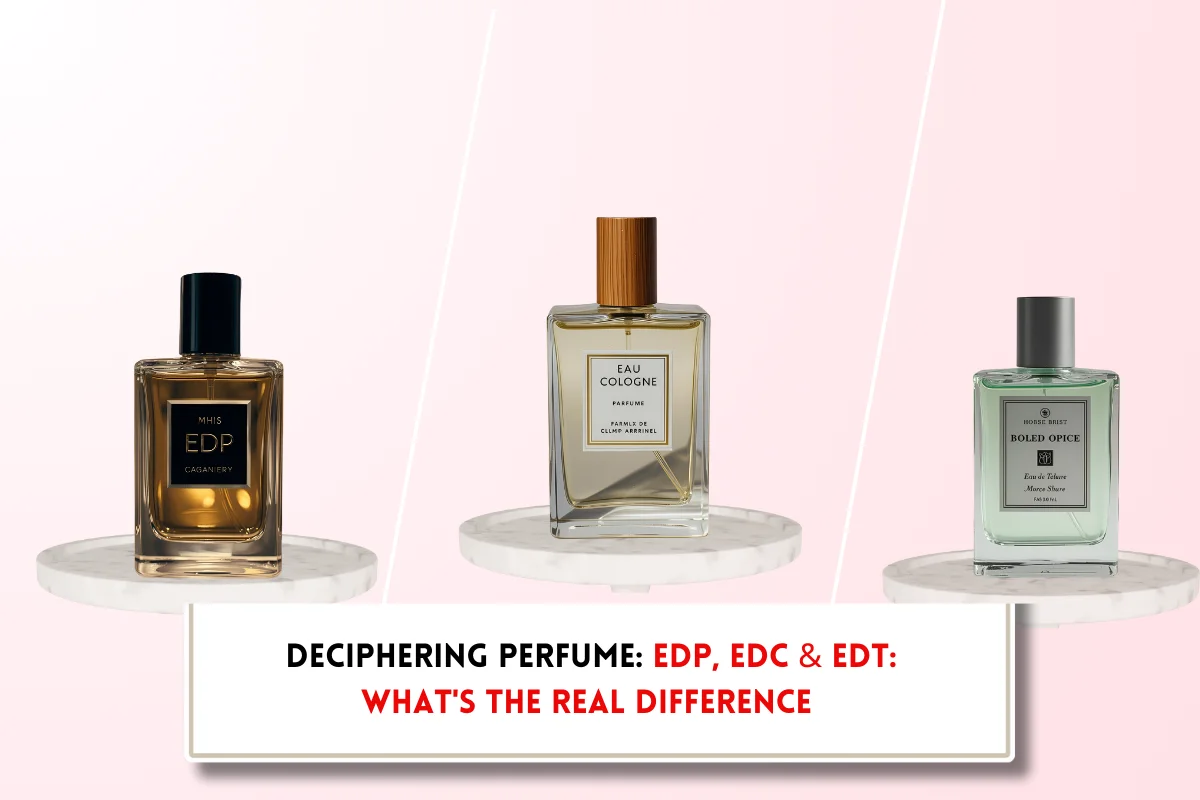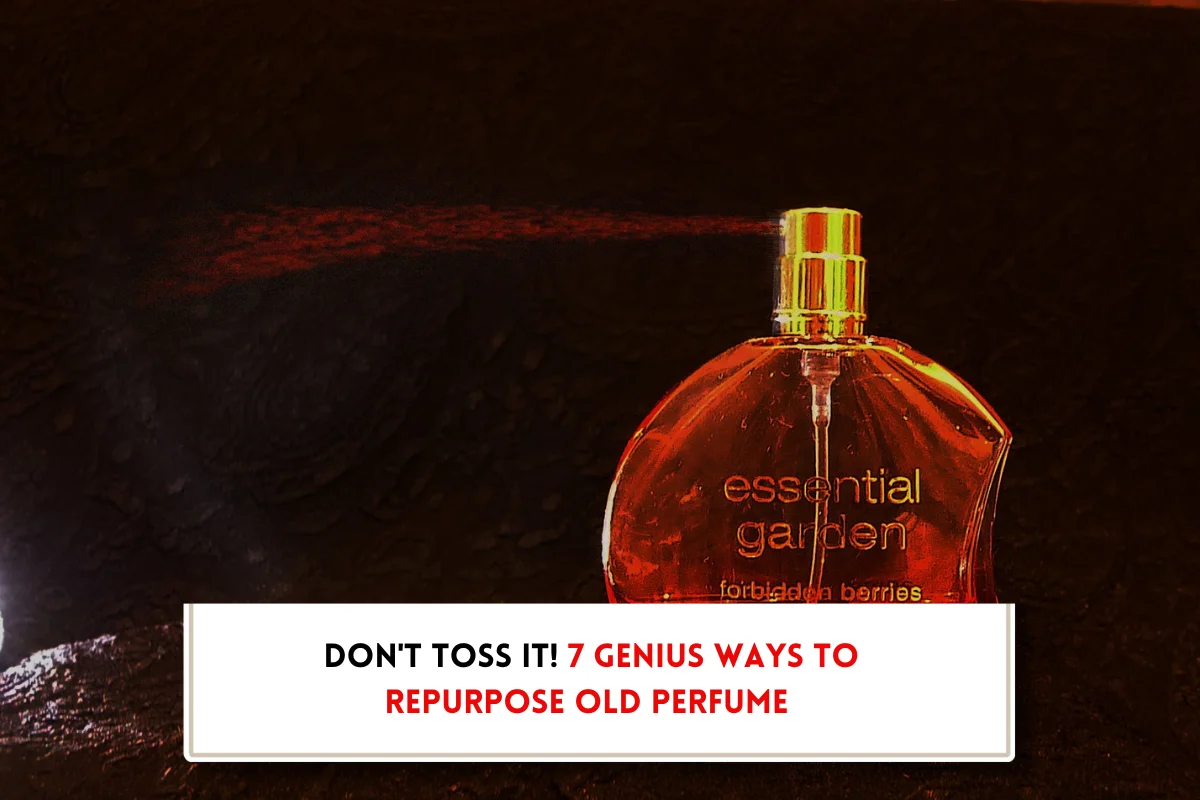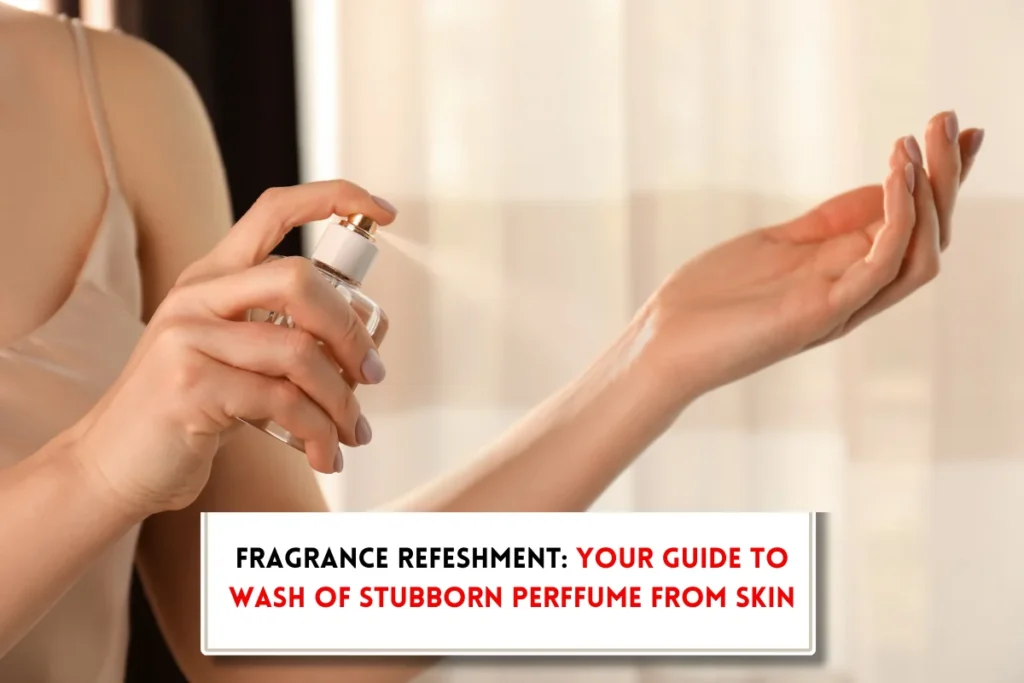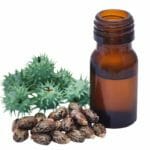Does perfume freeze? The science relation of perfume & cold
At BeautyCaters, our expert team independently curates every recommended product. Purchases through our links may earn us a commission. Explore our transparent selection process.
Have you ever noticed your favorite perfume change when it gets cold? Or, to put it simply, does perfume freeze? Many people ask this question. The answer is not a simple yes or no. It goes deep into the science of your favorite scents. Come with us as we look at the interesting link between perfume and cold. We will show how freezing temperatures can affect its makeup, smell, and even the bottle.

Physical properties of perfume
To understand if perfume can freeze, we need to consider the freezing points of its individual components. Alcohol, for instance, has a lower freezing point than water, freezing at around -114°C (-173.2°F). Essential oils and aroma compounds, depending on their nature, can have varying freezing points, often higher than alcohol.
How perfume’s physical properties affect its behavior in cold?
While perfumes are often associated with alluring scents and sophisticated blends, their physical properties, particularly their behavior at low temperatures, are equally fascinating. Whether perfume can freeze delves into the individual characteristics of its components, primarily alcohol, water, and various essential oils and aroma compounds.
The key to a perfume’s freezing point lies in its primary solvent: alcohol. Ethanol, the most common alcohol used in perfumery, boasts a remarkably low freezing point of approximately -114°C (-177°F). This is significantly lower than the freezing point of water, which is 0°C (32°F). Given that many perfumes contain a high percentage of alcohol (often 70-90% or even higher), this dramatically depresses the overall freezing point of the solution.
However, perfume isn’t just alcohol. It also contains a blend of essential oils, fragrance molecules, and often a small percentage of water. The freezing points of these essential oils and aroma compounds vary widely. Some can have freezing points above 0°C, while others may be much lower. If the concentration of these higher-freezing-point components is substantial, and the alcohol content is relatively low, it’s theoretically possible for certain elements within the perfume to solidify or become cloudy at temperatures warmer than -114°C.
In practical terms, it’s highly unlikely that you’ll encounter conditions cold enough in everyday life for your perfume to completely freeze solid. Standard freezers typically operate around -18°C (0°F), which is nowhere near the freezing point of an alcohol-based perfume. At these temperatures, you might observe a slight thickening or cloudiness in some perfumes, especially those with a higher concentration of water or specific essential oils that have higher freezing points. This is usually reversible once the perfume returns to room temperature, without any lasting damage to its composition or scent.
Does perfume freeze?
The answer is nuanced, depending on its unique formulation. While their high alcohol content—ethanol freezes at approximately -114°C (-177°F)—makes complete solidification unlikely in typical cold, prolonged exposure to extreme temperatures below -10°C (14°F) can cause changes.
You might observe a temporary cloudiness or separation of ingredients, as essential oils and water, which have higher freezing points, begin to solidify before the alcohol. This phenomenon, known as fractional freezing, is usually reversible upon warming to room temperature. However, for most everyday scenarios, your cherished fragrance is remarkably resilient to freezing, maintaining its integrity and scent profile.
Also Read: Is perfume flammable?
The science of perfume freezing

The fascinating transformation from liquid to solid, commonly known as freezing, is a fundamental physical process governed by the behavior of molecules. For perfume, this process is particularly intriguing due to its complex blend of ingredients, each with unique properties that influence its freezing point.
At its core, freezing occurs when the kinetic energy of molecules within a liquid decreases sufficiently for their intermolecular forces to draw them together into fixed, organized positions, forming a solid structure. Imagine a bustling dance floor: as the music slows down, the dancers move less freely and eventually settle into a more structured formation. This is analogous to molecules slowing down and arranging themselves into a crystalline lattice.
Perfume’s resilience to freezing primarily stems from its high alcohol content. Ethanol, and an intricate symphony of essential oils, aroma compounds, and often a small amount of water. These components have varying freezing points.
When a perfume is exposed to very low temperatures, a phenomenon called “fractional freezing” can occur. This means that components with higher freezing points might solidify or become cloudy first, while the alcohol remains liquid. This can lead to a change in the perfume’s appearance, perhaps a cloudy or separated look. However, for most commercially available, alcohol-based perfumes, these visual changes are typically temporary and reversible. Once the perfume returns to room temperature, the solidified components usually re-dissolve, and the fragrance returns to its original state without permanent damage to its scent profile or integrity.
In essence, while the individual “dancers” in a perfume (its molecules) have different tolerances for cold, the dominant “music” of alcohol ensures that the entire “dance floor” rarely comes to a complete halt under typical cold conditions. This scientific understanding highlights why perfumes, despite their delicate nature, are surprisingly robust when it comes to battling the chill.
Factors influencing whether perfume freezes
Effects of freezing on perfume
While perfume is remarkably resilient to cold, understanding the effects of freezing is crucial for preserving your cherished fragrances. Because, if your perfume encounter temperatures low enough to cause freezing, the consequences can extend beyond mere appearance, impacting both its olfactory profile and physical integrity.
Changes in scent and composition
The most disheartening effect of frozen perfume often manifests in its scent. When a perfume freezes, the delicate balance of its various components—alcohol, water, and an intricate blend of essential oils and aroma compounds—can be disrupted. Freezing can cause these ingredients to separate or precipitate out of solution. Upon thawing, even if the perfume appears to return to its liquid state, the meticulously crafted fragrance balance may be irrevocably altered. You might find that your previously vibrant and complex perfume now smells weaker, subtly different, or even “off.” The top, heart, and base notes that once harmonized perfectly might no longer sing in unison, diminishing the overall olfactory experience.
Potential damage from freezing
Beyond the aromatic alterations, freezing poses a very real threat to the perfume bottle itself. As liquids freeze, they expand. This expansion, while seemingly minor, exerts significant pressure on the confines of the glass container. This internal pressure can lead to cracks, fissures, or even outright breakage of the perfume bottle. A damaged bottle not only means the loss of your precious fragrance but also creates a messy and potentially hazardous situation. Therefore, while modern perfumes are formulated to be quite robust, it’s always best to store them at consistent room temperature to safeguard both their aromatic integrity and their beautiful vessels.
How to revive a frozen perfume?

While complete restoration isn’t always guaranteed, there are clear steps you can take to revive a frozen perfume and mitigate potential damage. The key lies in a gentle and patient approach.
- Gradual return to room temperature: The most crucial step is to thaw your perfume slowly and naturally. Resist the urge to accelerate the process with external heat sources like radiators, direct sunlight, or a hairdryer. Rapid temperature changes can shock the delicate chemical balance of the fragrance, potentially leading to further ingredient separation or degradation of the aromatic compounds. Instead, place the frozen perfume bottle in a cool, dry place at a consistent room temperature. This allows the frozen components to gradually melt and reintegrate. Patience is paramount here – this process could take several hours, depending on how thoroughly it was frozen.
- Thorough bottle inspection: Once the perfume has completely thawed and returned to its liquid state, carefully inspect the bottle for any signs of damage. The expansion of liquid during freezing can put immense pressure on the glass, potentially causing hairline cracks or even more significant fractures. Check for any leaks around the atomizer or cap. If the bottle appears intact, gently shake it. This helps to re-emulsify any ingredients that may have separated during the freezing and thawing process, encouraging them to mix back into a homogenous solution.
- Cautious scent assessment: Before applying the perfume to your skin, perform a preliminary scent test. Spray a small amount onto a piece of paper, a cotton pad, or a clean cloth. Allow it to dry for a few moments, and then carefully evaluate the fragrance. Pay close attention to whether the top, middle, and base notes are still discernible and if the overall scent profile matches what you remember. If the aroma seems largely unchanged and pleasant, it’s generally safe to use. However, if you detect a noticeable alteration, a weakened scent, or an unpleasant off-note, the perfume’s integrity may have been compromised, and it might be best to discard it.
Final word
As we’ve learned, it’s not a simple “yes” or “no.” Your favorite perfumes are quite strong against cold, thanks to a lot of alcohol. But, very cold temperatures can still affect them. Knowing how temperature changes your perfume’s mix and smell is important to keep it lovely.
In the end, by keeping your perfumes at a steady room temperature and away from very cold or hot places, you make sure each spray works perfectly. Your perfume journey should be the best, so give your perfumes the right care to always smell wonderful!

